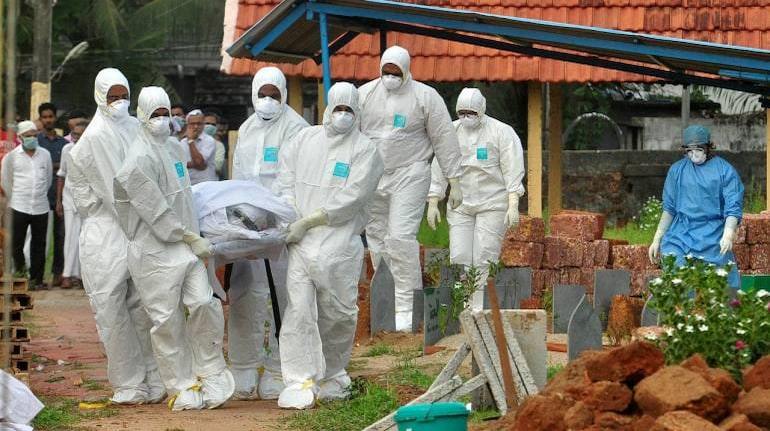



India’s first biosafety level 3 mobile laboratory, built at a cost of Rs 25 crore and aimed at ensuring timely and on-site diagnosis of emerging disease outbreaks with rapid turnaround time, was inaugurated in Nashik, Maharashtra on February 18.
Mobile laboratories, said government officials, can help during outbreaks of highly infectious pathogens such as SARS CoV- 2 and Nipah in early detection and quick containment.
They added that real-time data collection through such facility enables the governments to ensure quick containment and helps in preventing further spread of any emerging viral infections.
The laboratory, launched officially by Union minister of state for health, Bharati Pravin Pawar, has been designed and built by Indian Council of Medical Research in collaboration with Mumbai based bio-safety equipment maker Klenzaids.
At the inauguration of the mobile laboratory, ICMR director general Dr Balram Bhargava recalled that during Nipah virus outbreak in Kerala, samples had to transported to National Institute of Virology, Pune.
“It was then we felt a mobile laboratory could be of great help during outbreaks of highly infectious pathogens. Such mobile Laboratories can be stationed at different regions of the country and may be mobilised in case of sudden outbreaks,” he said.
The need for such laboratories is more pronounced in India and the neighbouring regions, with vast animal and human population living in proximity.
Existing infrastructure of BSL-3 laboratories is fixed and dependent on transporting samples from near and far locations, often leading to delays in diagnosis.
In view of repeated outbreaks of highly infectious pathogens like Nipah, Zika, Avian influenza and now COVID-19, it is critical to be able to detect the emerging epidemics/pandemics at a very early stage to enable quick containment and preventing spread, said a statement by the Health Ministry.
The just inaugurated mobile laboratory is a self-sufficient unit and is controlled through an intelligent control automation system, which maintains the working environment under negative air pressure, maintains equipment parameters and records all necessary data.
It added that laboratory is airtight, access-controlled, bio-decontaminable, fitted with safe change HEPA (High Efficiency Particulate Absorbing) filtration biological liquid waste decontamination system, giving it the tag of BSL-3 enhanced.
Discover the latest Business News, Sensex, and Nifty updates. Obtain Personal Finance insights, tax queries, and expert opinions on Moneycontrol or download the Moneycontrol App to stay updated!